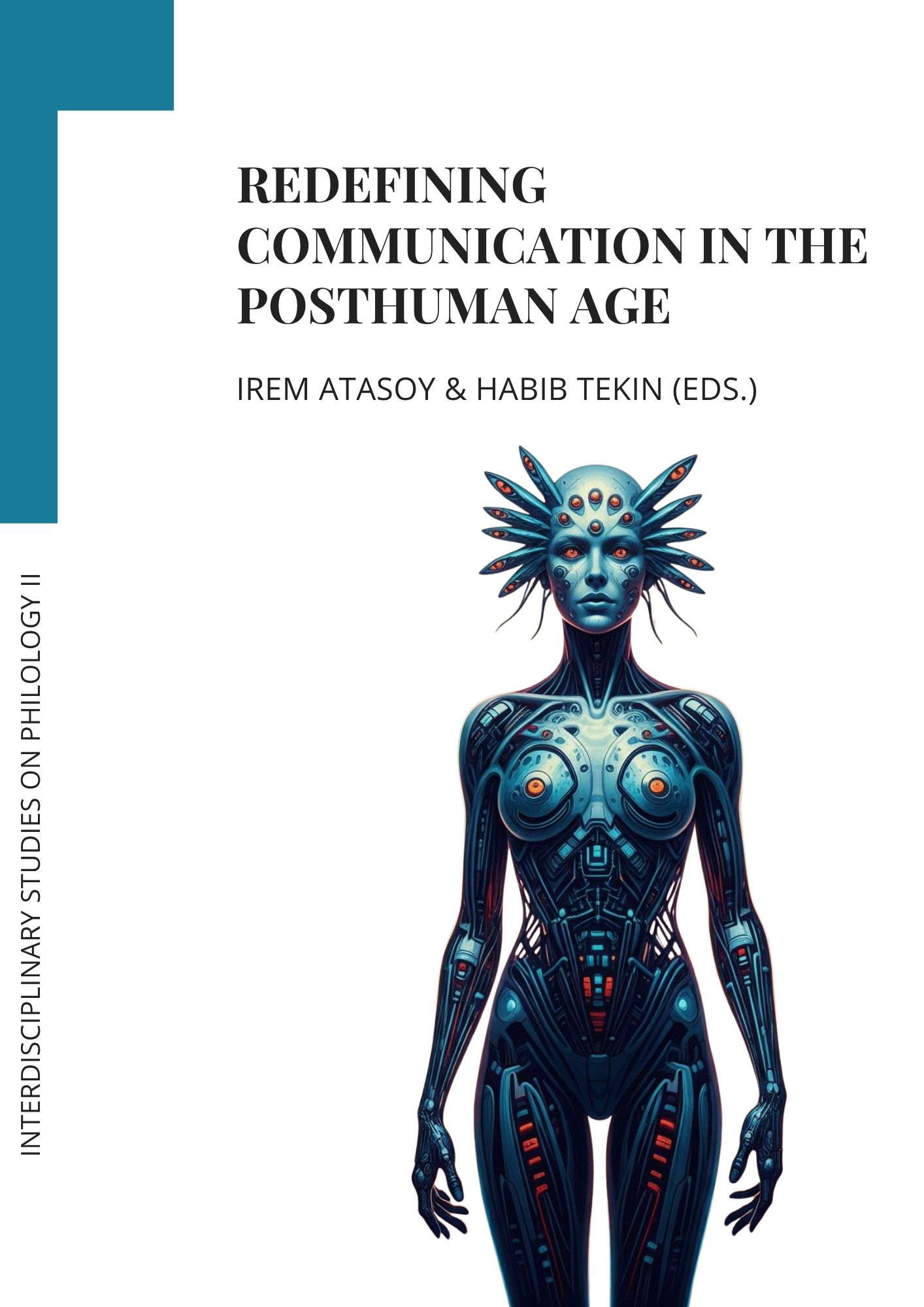In a world increasingly shaped by the pervasive presence of artificial intelligence, algorithmic systems, and techno-scientific infrastructures, the very notion of communication is undergoing a transformation. This second volume in the Interdisciplinary Studies on Philology series, titled Redefining Communication in Posthuman Age, emerges from the recognition that traditional humanist frameworks are no longer sufficient to fully grasp the complexities of our present condition. Instead, it calls for a critical rethinking of communication across biological, technological, philosophical, and ethical domains – a rethinking grounded in philological precision and enriched by interdisciplinary inquiry. The impetus for this volume arises from the realization that the boundaries between human and machine, language and code, subject and interface are no longer distinct. The contributions collected here approach this fluid terrain with analytical rigor and conceptual innovation, reflecting the series’ overarching aim to reconceptualize philology as a dynamic mode of critical thinking. The articles span a wide spectrum of topics, from posthuman aesthetics in film and literature to the ethics of artificial authorship and the cognitive stylistics of AI. By engaging with speculative fiction, cinematic representations, philosophical discourses, and digital technologies, the contributors illuminate how communication is being rewritten – both literally and figuratively – in the posthuman context.
Table of Contents
Introduction: Rethinking Communication in the Posthuman Era
Irem Atasoy
The Becoming of Humankind According to David Cronenberg’s Movie Crimes of the Future
Raphaël Mathieu Legault-Laberge
Language Ideology, Philosophy of Language, and Non-Anthropocentric Ethics: The Star Trek Series
Özgür Yılmaz
Mind Style in Klara and the Sun: A Cognitive Stylistic Approach to the Representation of Posthuman AI Communication
Marjorie Ka-yee Cheung
On Edge Towards Techno-Feudalism: Ethics, Bureaucracy, and the Post-/Transhuman Condition in Neill Blomkamp’s Early Movies
Maria Grajdian
Where There is AI, There is No Love; Authorship in the Age of ChatGPT
Alexander Sellers
Preliminary Grounds for a Theory of Thinking Machines: The AI Debate and the Twilight of the Human Path
José-Luis Anta Félez Eleder Piñeiro Aguiar

